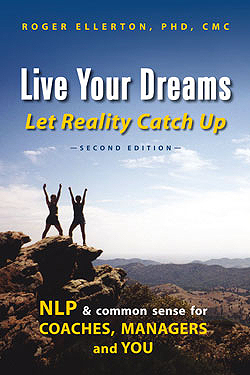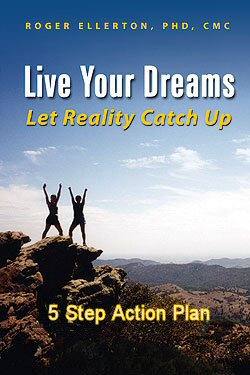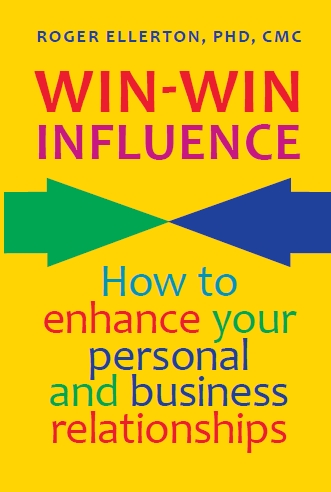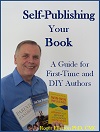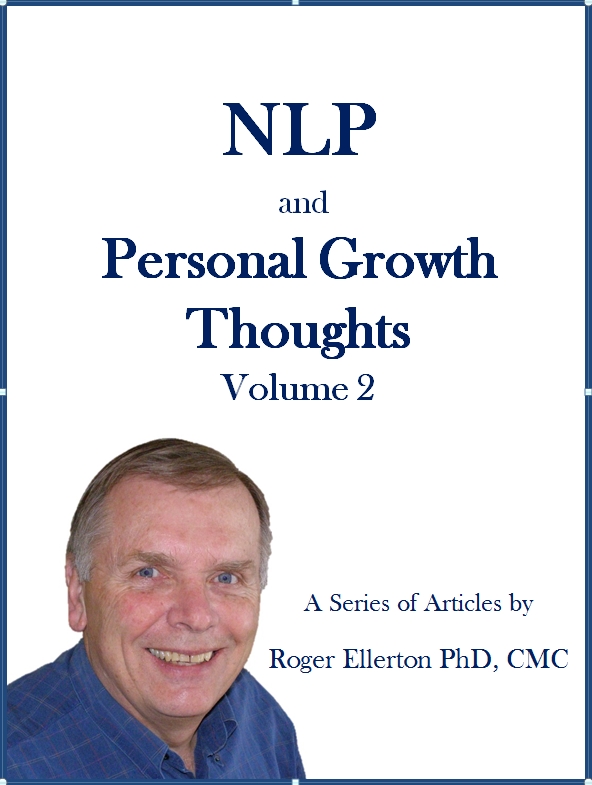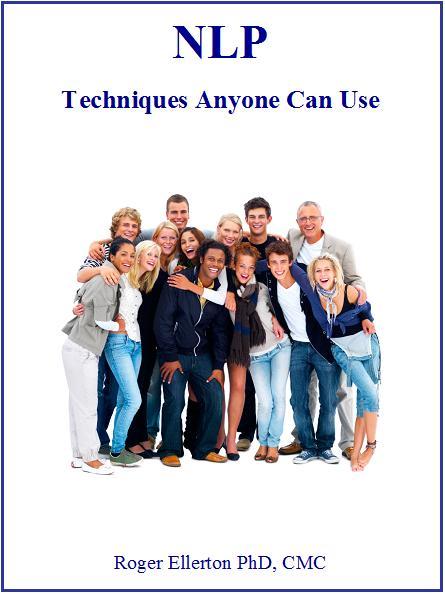Frames
By Roger Ellerton Phd, ISP, CMC, Renewal Technologies Inc.
This article may not be republished without written permission from Roger Ellerton/Renewal Technologies Inc. If you republish this article without permission, you will be in violation of copyright law and sent an invoice. You may share this and other pages with your friends by linking directly to this page from your website or blog.
Successful consultants and building contractors set the scope or frame of a project so that all involved know what is included and excluded. In a similar way, we use frames in NLP to provide a context, focus or guidance for our thoughts and actions. In this article, we will discuss five NLP frames that are useful for providing a focus for our activities, for ensuring we are congruent, for providing a context in which we can assess our progress, for exploring other possibilities or for ensuring a common understanding. In the article Reframing, we will discuss how to change or expand frames, as sometimes we use too narrow of a frame (or focus) and lock ourselves into behaviours that do not support us or we miss seeing other opportunities/possibilities.
Outcome Frame
An outcome frame provides a focus for what you want to achieve, the ensuing effects and the resources required to achieve it. You should set an outcome for all of your activities. If you have not set an outcome for today and you meet a friend who has, then most likely your friend will enroll you to help him get what he wants. And you may (silently or otherwise) get mad at him for taking advantage of you, when in reality you set the stage for what happened.
As a consultant, I work in a number of different organizations and I often hear people saying we need to have a meeting. As a result, a number of people meet for one or two hours or maybe a half day and when they exit the meeting often they are not clear on what has been decided, what is expected of them, etc. Why? Because the outcome was simply to 'have a meeting'! If this happens to you, instead of being frustrated, you should congratulate yourself for accomplishing your outcome. Next time realize that you need to set a more substantial outcome.
Clearly defined outcomes provide you with a context for making decisions and assessing your behaviours. Without appropriately defined outcomes, you can limit your accomplishments, take on too much and become overwhelmed or simply not accomplish your dreams.
An outcome frame is the opposite of a problem frame. A problem frame is focused on what is wrong or needs to be fixed rather than what is sought after.
Ecology Frame
A person, who pursues his outcome without regard for the impact on other systems (e.g., body systems, family, work environment, community), has not taken into account the ecology frame. For example, going on a diet may result in a good-looking body, and is the diet good for your immune system? For an outcome that you have at work, what is the effect on your co-workers and can you mitigate any negative effects? Is the outcome that you have for your house compatible with the needs/expectations of your neighbours/community? Is your outcome congruent with other outcomes that you have or plan to set?
Evidence Frame
This frame is part of the outcome frame and is useful to consider separately. Simply, how will you know when you have achieved your outcome? What will you see, hear, feel or experience?
The evidence frame is used as a gauge to assess how well you are progressing towards your outcome and to know when your outcome has been achieved. As a result you will know if corrective action should be taken or if a new or modified outcome should be set.
As if Frame
This frame has many applications and is based on acting 'as if' a desired state or outcome has been achieved or 'as if' someone else is giving you information:
- For an outcome, act as if you have already achieved your outcome. Live your dreams now and allow reality to catch up!
- When negotiating or problem solving, you can explore other possibilities by saying, "Let's proceed as if I agree to this demand or take your proposed course of action. What would you do for me, or what would happen as a result?"
- If a key person is missing from a meeting, you may say, "Let's act as if Sue is present. What would she suggest?"
- For project planning, you may wish act as if the project has been successfully completed and then ask what steps were necessary to reach this outcome. This approach may highlight some important information that is not obvious when planning from the present.
- For modeling an expert - an important part of NLP, you may choose to act as if you are that person (put yourself into second position) to gain further insights as to their thoughts and behaviours.
Backtrack Frame
This frame can be used check agreement and understanding during and at the conclusion of a meeting, to update a new arrival or to restart a discussion. Backtracking is accomplished by reviewing the available information using the keywords and tonality of those who brought the information forward.
We all filter information differently and may come to significantly different conclusions. Backtracking is a way to ensure everyone has the same understanding of what was discussed and decided and helps to maintain a course toward the desired outcome.
And NLP is Much more than that!
Author: Roger Ellerton is a certified NLP trainer, certified management consultant and the founder and managing partner of Renewal Technologies. The above article is based on his book Live Your Dreams Let Reality Catch Up: NLP and Common Sense for Coaches, Managers and You.
Copyright © 2004, Renewal Technologies Inc. All rights reserved.

